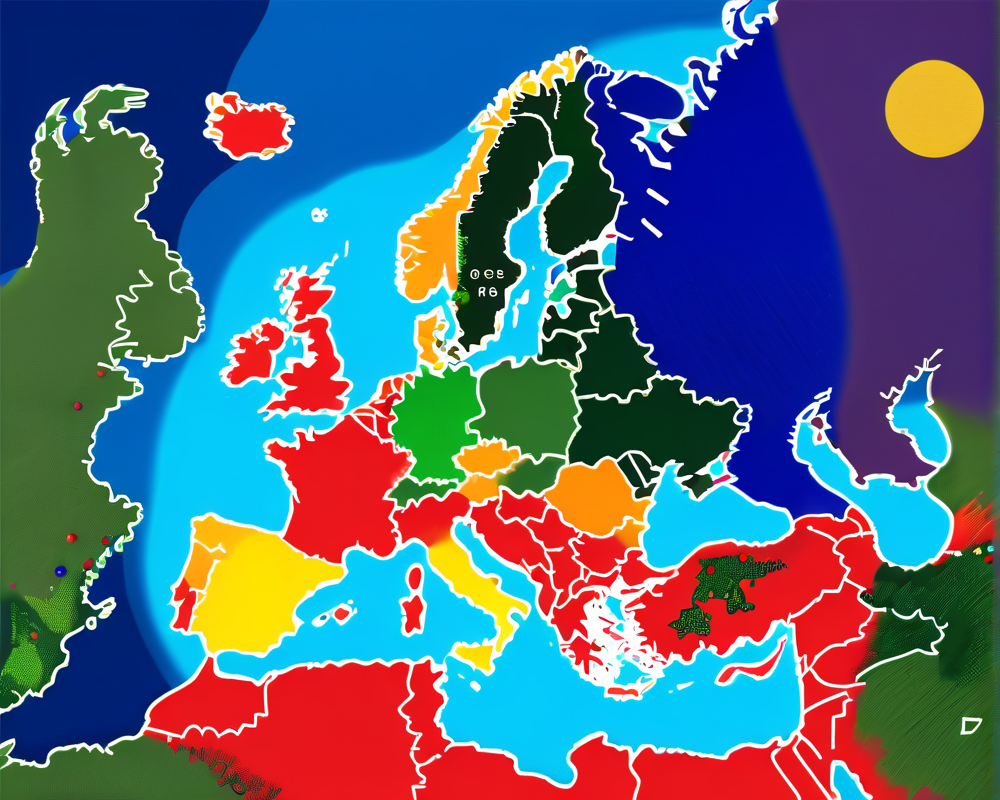The European AI Act: A Pivotal Development
In April 2021, the European Commission unveiled its ambitious proposal for the Artificial Intelligence Act (AI Act). This landmark regulation aimed to harmonize AI rules across the continent, but as the legislative institutions hashed out their respective positions in late 2022 and mid-2023, it became clear that this journey was going to be far from smooth. The trilogue negotiations are where the real fun (and frustration) happens.
Die Linke: Advocating for Consumer Protection
The leftist party Die Linke is waving the flag for stricter AI regulations, particularly when it comes to consumer protection. Politicians in this camp argue that high-risk AI systems—those that could endanger health and safety—should be vetting by a supervisory body prior to market entry. This includes a call for multiple supervisory authorities, echoing their mantra, “Trust but verify. Or better yet, verify before you trust!”
The Union: Innovation Over Regulation
In stark contrast, the center-right coalition known as “the Union” is on a crusade against excessive regulations. They argue that overregulation would choke innovation, simultaneously proclaiming that “Germany deserves a fighting chance in the AI arena!” Their vision includes elevating existing infrastructure to boost local startups and ensuring legal clarity that complements the existing data regulations.
Funding the Future
The Union proposes a smart strategy for boosting Germany’s technological sovereignty. They believe that ramping up investment in universities and startups is crucial, hoping to transform ideas into AI projects that can take on the world.
Industry Insights: But Where’s the Practicality?
The German AI Association (KI Bundesverband) feels the current regulatory discussions are somewhat misguided. They caution that excessive bureaucracy might stifle the very innovation the regulations aim to encourage. President Jörg Bienert was candid about the struggles, noting that in a world where American and Chinese firms predominantly dominate, Europe can’t afford to lag behind by creating more hurdles for its innovators. “We need regulation, sure,” he asserts. “But sensible regulation, not a risk paranoia fest!”
Can Germany Keep Up?
As Germany dives deeper into the AI arena, a pressing question looms: Can the nation keep pace with global AI advancements? Recent studies indicate that if substantial investment and a shift in strategy don’t occur, Germany may find themselves as mere consumers of foreign AI technology, with little control over its ethical use.
Building ‘AI Made in Europe’
The sentiment for a native AI ecosystem is palpable. Ideas like establishing a “CERN for AI” have emerged, aiming to consolidate the necessary resources to make cutting-edge research possible within Europe. Holger Hoos encapsulated this ambition succinctly: “We need a seismic shift in approach if we truly want AI made in Europe to thrive!”
Whether the AI Act leads to a regulatory utopia or an innovation wasteland remains to be seen. With tensions between parties and vast regional differences in approach, the future of AI in Europe is undoubtedly a tightrope walk, teetering between the quest for consumer safeguards and the imperative of fostering innovation.




